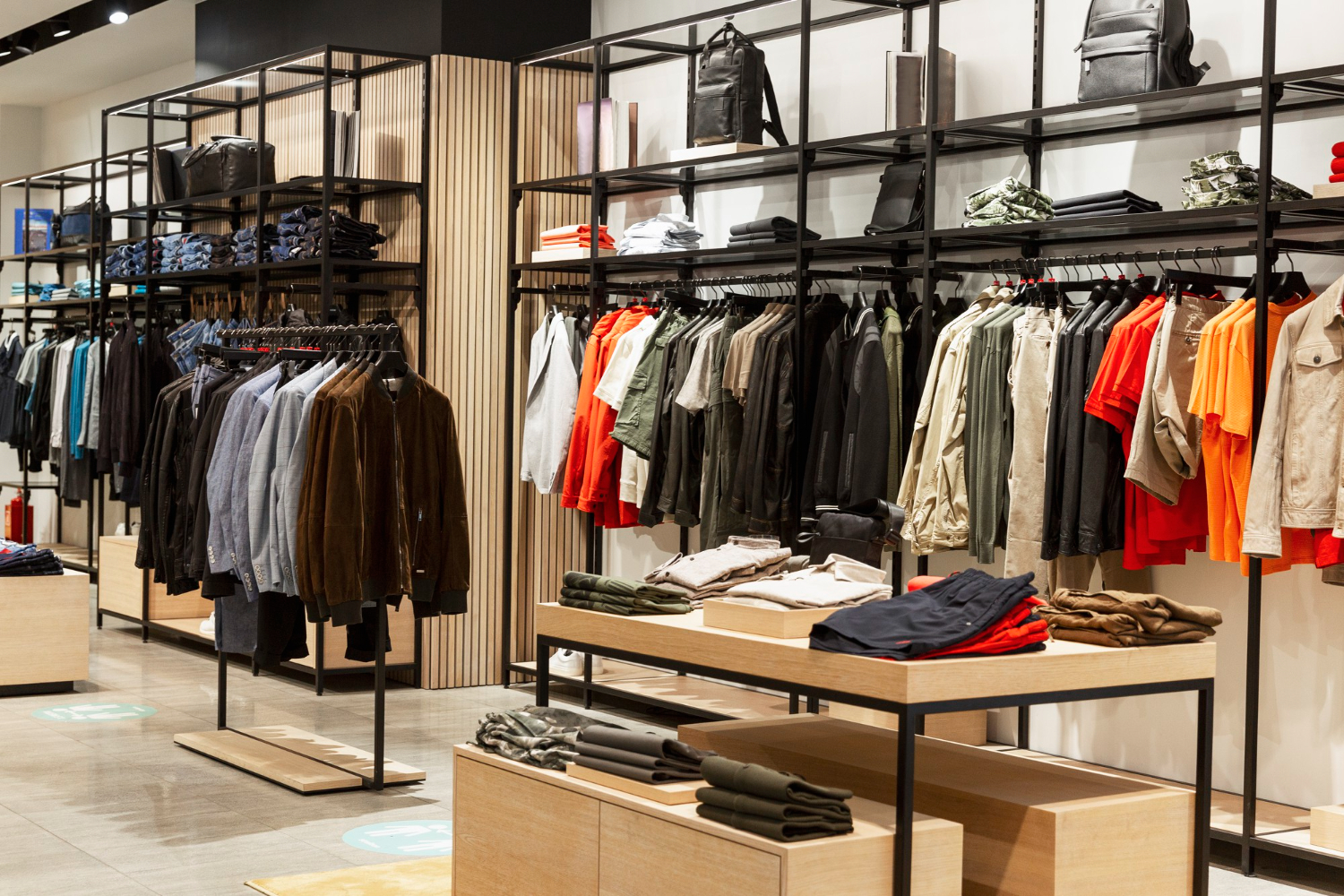Meeting modern consumer expectations in fashion now demands more than great design. It requires speed in production and precision in logistics. Fast fashion’s design-to-shelf speed must be matched by fast freight to ensure the timely availability of products. This blog examines how fast fashion and fast freight operate in tandem, focusing on express shipping, inventory management, and the strategic role of freight forwarders.
Fast Fashion: The Power of Speed in Production
Fast fashion operates on short product life cycles, where styles are conceived, produced, and sold in weeks. Global brands such as Zara and H&M have set benchmarks by launching new collections nearly every other week. The model relies on:
- Short lead times to design and manufacture apparel
- Cost-effective production hubs, often in countries with lower labor costs
- Flexible, small-batch production to test new styles and restock based on demand
This speed allows brands to align with ever-changing consumer preferences. However, without reliable logistics services to support distribution, even the most efficiently produced garments risk missing their market window.

Fast Freight: Logistics That Matches Production Speed
To keep pace with fast fashion, logistics service providers must ensure the rapid and reliable movement of goods across borders and within countries. Fast freight encompasses a range of services, including express shipping, inventory management, and freight forwarding, all of which are essential to efficient apparel distribution.
1. Express Shipping
Express shipping is essential when delivering time-sensitive products, especially during seasonal drops, influencer collaborations, or flash sales. Customers increasingly expect same-day or next-day delivery. Fashion brands rely on express shipping for:
- Speed: Meeting tight delivery timelines
- Precision: Avoiding stockouts at retail locations
- Customer satisfaction: Enhancing brand loyalty through dependable service
To improve efficiency and manage costs, logistics providers use route optimization tools, real-time tracking, and partner with local delivery networks. While express shipping may increase freight costs, it also helps brands protect revenue opportunities tied to trend cycles.
2. Inventory Management
Efficient inventory management enables fashion brands to keep lean inventories while responding quickly to changes in demand. Techniques such as Just-in-Time (JIT), ABC analysis, and demand forecasting using AI are widely used. Benefits include:
- Lower storage costs
- Reduced product obsolescence
- Improved stock availability
For brands operating across regions, real-time inventory visibility is critical. Technology-enabled systems help streamline warehouse operations, track stock movement, and automate replenishment. This alignment between logistics and production is key to maintaining product flow in fast fashion.
3. Freight Forwarding: Coordinating Global Movement
A freight forwarder is a central player in the apparel supply chain. These professionals manage the transport of goods from manufacturers to distribution hubs and final retail points. Their responsibilities include:
- Choosing transportation modes: Air for time-sensitive goods, sea for bulk movement
- Coordinating multimodal logistics
- Managing customs, compliance, and documentation
- Offering reverse logistics for returns and excess stock
In fashion logistics, a freight forwarder ensures that shipments are consolidated, delays are minimized, and costs are effectively managed. They create value by developing efficient trade routes and using technology to enhance shipment visibility and manage exceptions.

Logistics in India: Fashion’s Growing Frontier
India’s fashion sector continues to grow as both a production and consumption hub. The diversity of markets, regional demand patterns, and infrastructural variability presents unique challenges. To stay competitive, fashion companies must rely on robust logistics services and experienced freight forwarders.

Triton Maritime & Logistics provides integrated logistics solutions tailored to meet the unique demands of the fashion and lifestyle industry. Their services include express cargo movement, temperature-controlled storage, real-time inventory tracking, and last-mile delivery across India. Triton’s warehousing and distribution services are built to enable rapid order fulfillment. They also support efficient SKU turnover, making Triton a strategic partner for brands operating in the fast fashion space.
Triton’s expertise in freight forwarding ensures smooth movement of apparel from offshore manufacturers to Indian retail shelves, or vice versa. Their familiarity with customs protocols and multimodal connectivity makes them a dependable choice for brands looking to scale operations within India or export globally.
Who Wins the Race?
In fashion logistics, it’s not about choosing between fast fashion and fast freight. Success lies in aligning both. Brands achieve the best outcomes when agile logistics systems support quick production cycles. Express shipping, dynamic inventory management, and coordinated freight forwarding together create the supply chain reliability that modern fashion retail demands.
Conclusion
In fashion logistics, success depends on aligning fast production with efficient delivery. These two forces must work together to keep pace with shifting consumer demand.
Triton Maritime & Logistics, India’s best freight forwarder company, drives this integration by offering expert freight forwarding, accurate inventory management, and dependable express shipping. With deep industry knowledge and strong infrastructure across India, Triton ensures apparel brands reach shelves on time and in full.
Partner with Triton to build a faster, smarter, and more dependable fashion supply chain.

